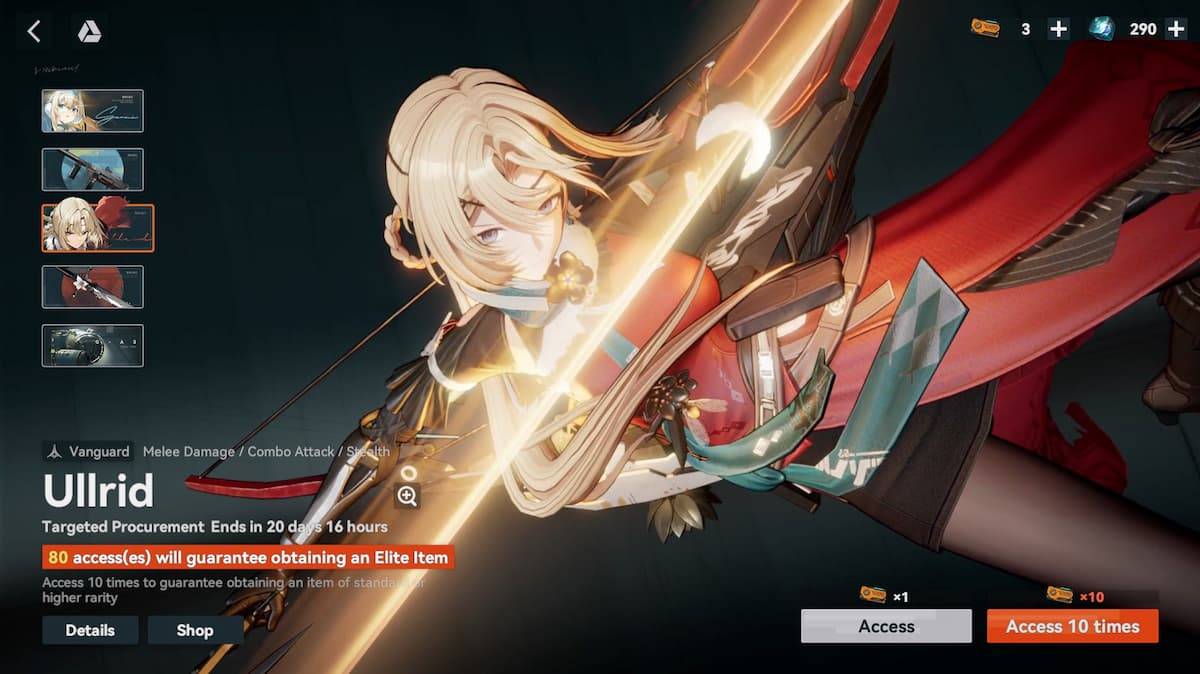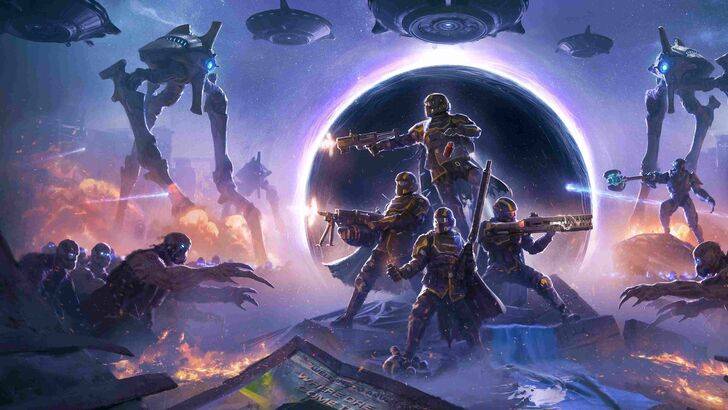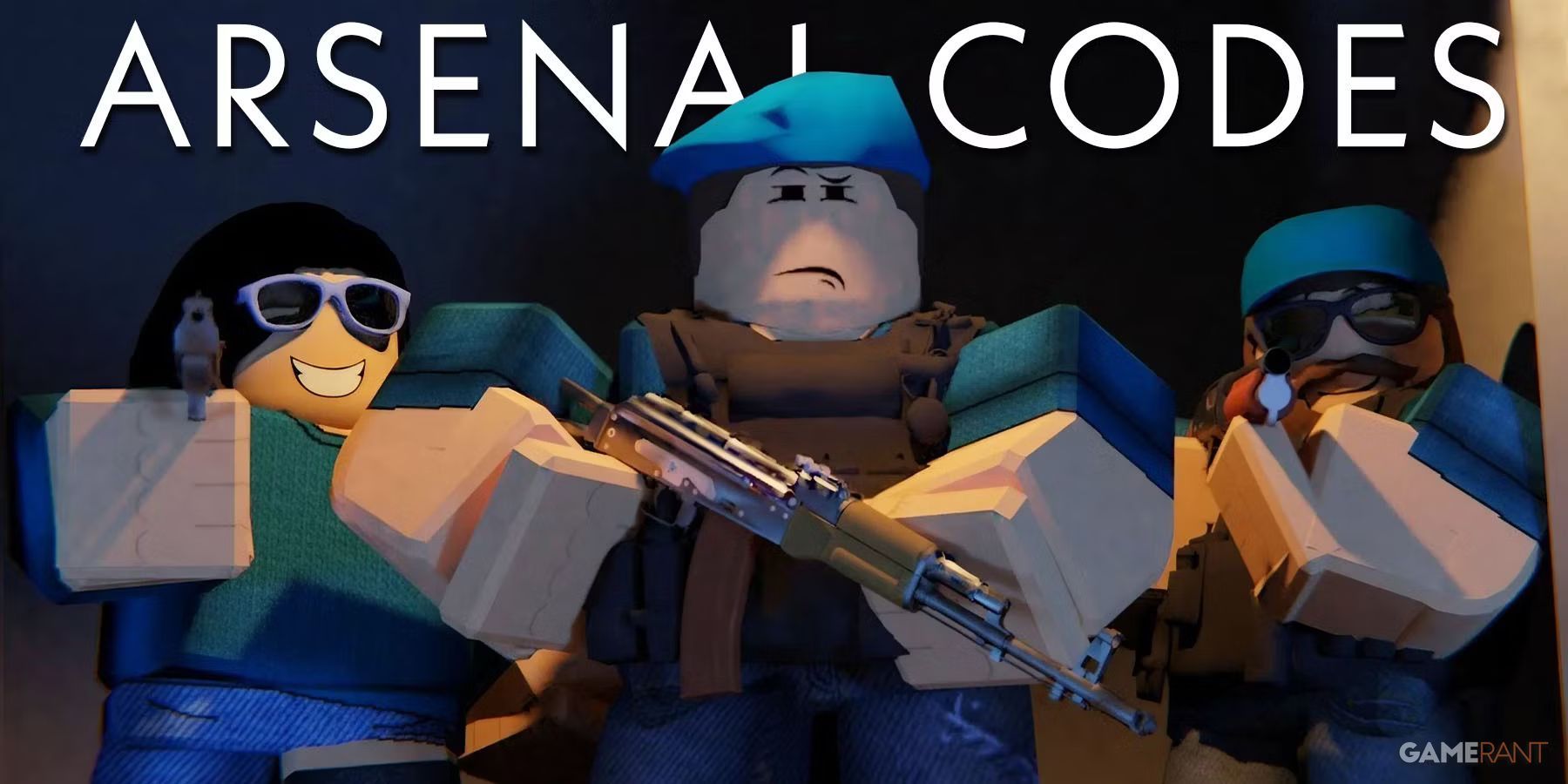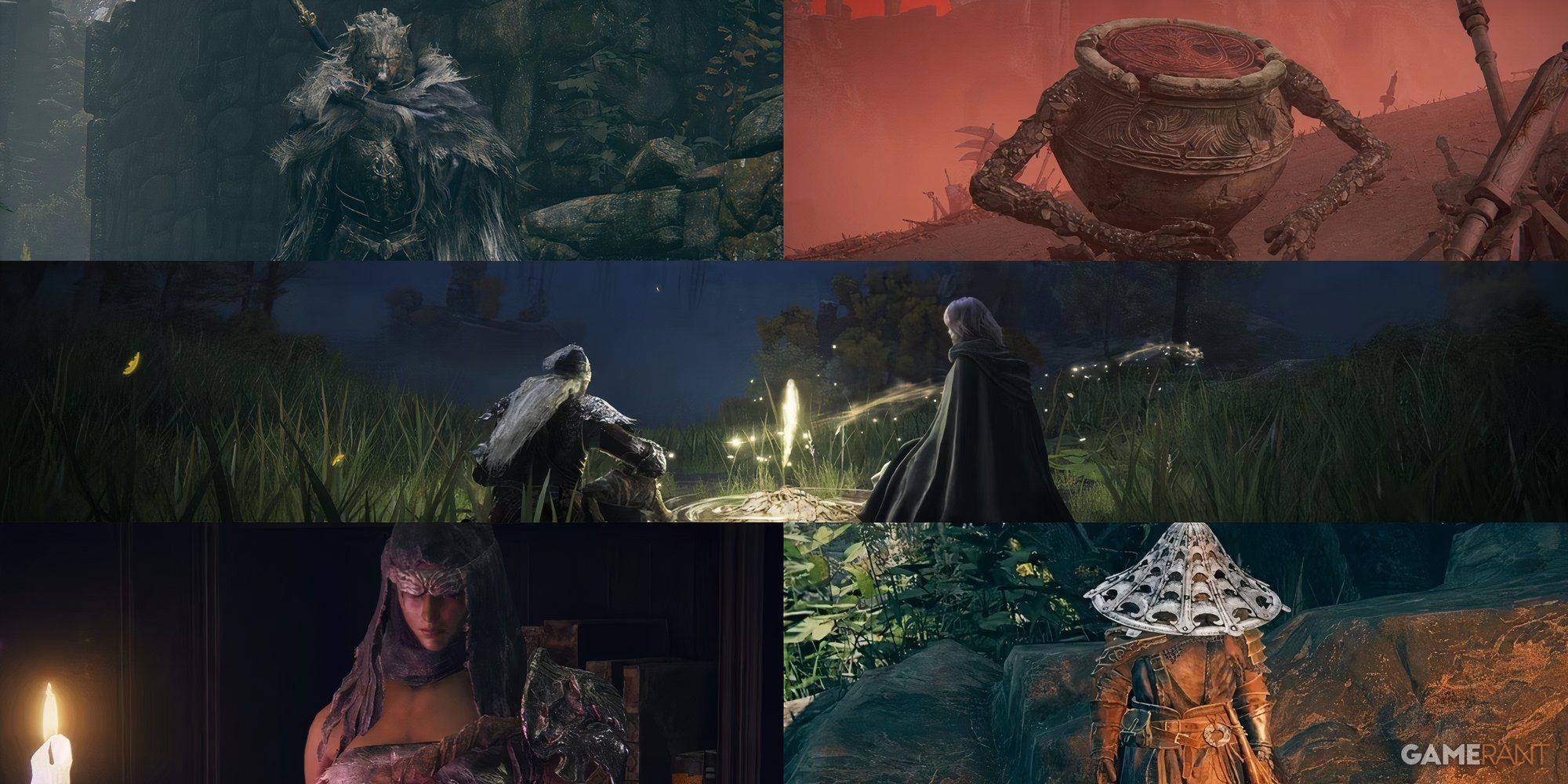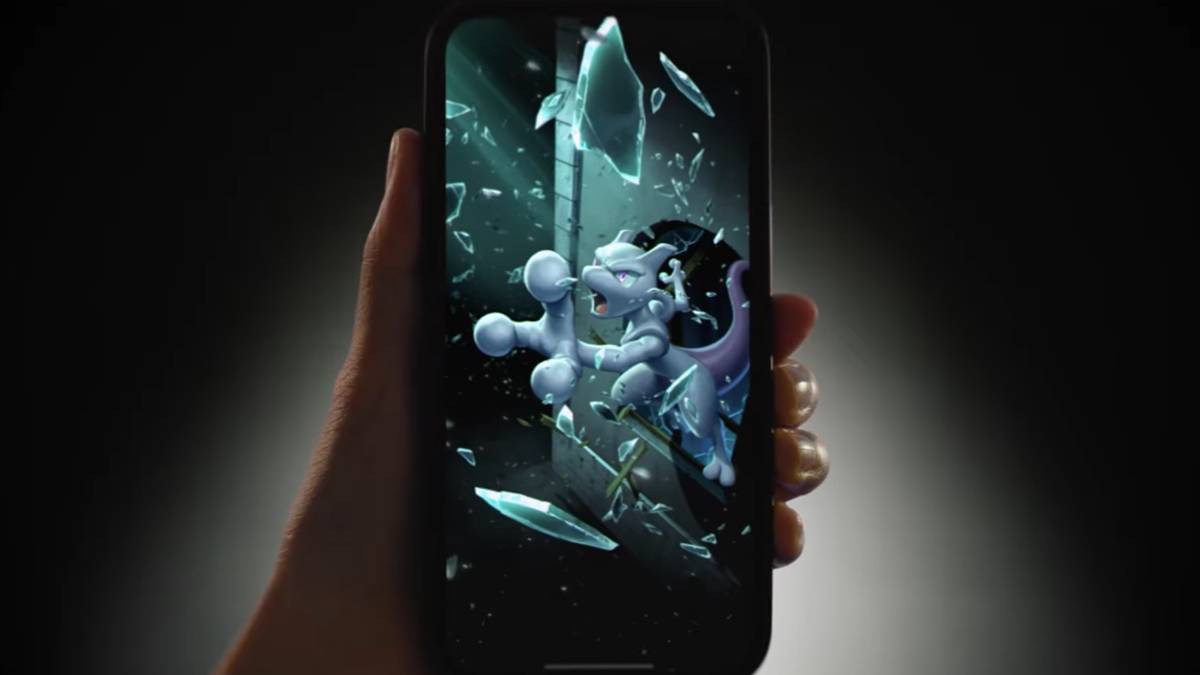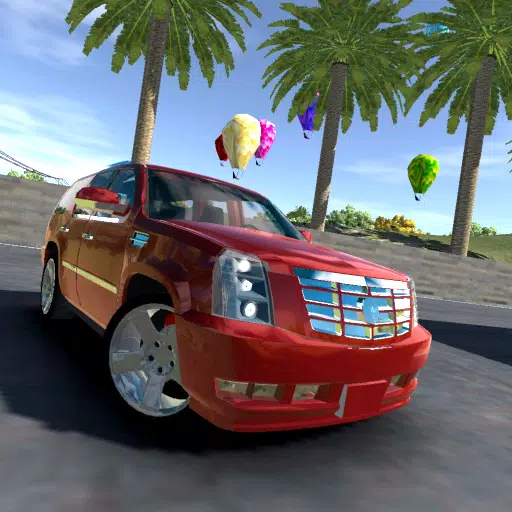Capcom's Journey from Resident Evil 6 Low to Monster Hunter Wilds Triumph
With Monster Hunter Wilds shattering Steam records and the Resident Evil franchise enjoying unprecedented popularity thanks to Village and a series of stellar remakes, Capcom seems to be on an unstoppable streak of success. However, this wasn't always the case. Just a few years ago, Capcom was reeling from a series of commercial and critical flops, struggling to maintain its identity and connect with its audience.
Capcom faced an identity crisis, particularly with Resident Evil, which had veered away from its survival horror roots after the release of Resident Evil 4. Similarly, Street Fighter was struggling to recover from the backlash against Street Fighter 5. It seemed as though Capcom was on the brink of collapse, with its iconic franchises losing their appeal.
Yet, amidst this turmoil, Capcom found a path to revival. A shift in development strategy, coupled with the introduction of a powerful new game engine, breathed new life into its beloved series. This marked the beginning of a remarkable turnaround, propelling Capcom to new heights of success and acclaim.
Resident Evil Lost Its Way
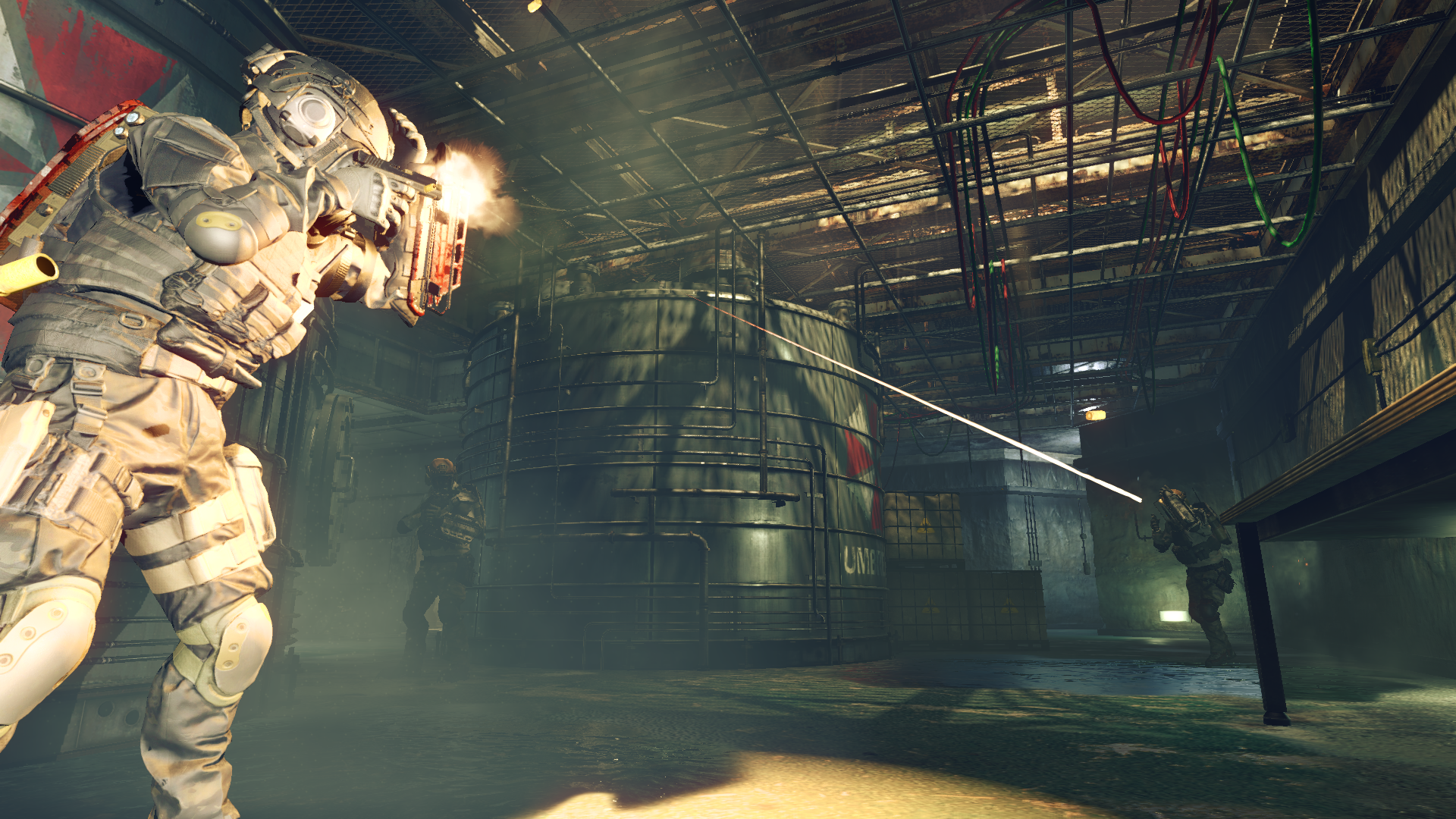 2016 was a challenging year for Capcom. The release of Umbrella Corps, an online co-op shooter, was met with harsh criticism from both reviewers and fans. Street Fighter 5 also disappointed many, failing to live up to the legacy of its predecessor, Street Fighter 4. Additionally, Dead Rising 4, despite featuring the return of Frank West, would be the last new entry in the series.
2016 was a challenging year for Capcom. The release of Umbrella Corps, an online co-op shooter, was met with harsh criticism from both reviewers and fans. Street Fighter 5 also disappointed many, failing to live up to the legacy of its predecessor, Street Fighter 4. Additionally, Dead Rising 4, despite featuring the return of Frank West, would be the last new entry in the series.
These setbacks were part of a broader period of struggle for Capcom, which had been ongoing since 2010. The mainline Resident Evil games were seeing a decline in critical reception, despite strong sales. Street Fighter was facing challenges, and other key franchises like Devil May Cry were absent. Meanwhile, Monster Hunter, while a massive success in Japan, struggled to gain traction internationally.
"Many of us started feeling that what the fans and players wanted from the series was getting a little bit separate from what we were making," reflected a Capcom developer. This sentiment marked a turning point, as Capcom began to realign its focus to meet the expectations of its global audience.
Since 2017, Capcom has transformed into a powerhouse of game development, consistently releasing critically acclaimed titles from its most famous franchises. This impressive lineup includes Monster Hunter World, Devil May Cry 5, Street Fighter 6, and a series of industry-leading remakes, culminating in a soft reboot of the Resident Evil series. Capcom's recent success can be attributed to a complete overhaul of its strategy, targeting a broader player base and leveraging cutting-edge technology.
To understand this transformation, IGN spoke with four of Capcom's leading creatives. They discussed how the company navigated its way from the brink of failure to its current status as one of the gaming industry's most successful studios.
Founded in 1979, Capcom initially focused on electronic game machines and rose to prominence in the 80s and 90s with iconic 2D titles like Street Fighter and Mega Man. The transition to 3D gaming with titles like Resident Evil in the early 2000s marked a new era for the company. However, between 2000 and 2010, Capcom faced the challenge of modernizing its golden-era franchises, a journey that led to the creation of the highly acclaimed Resident Evil 4.
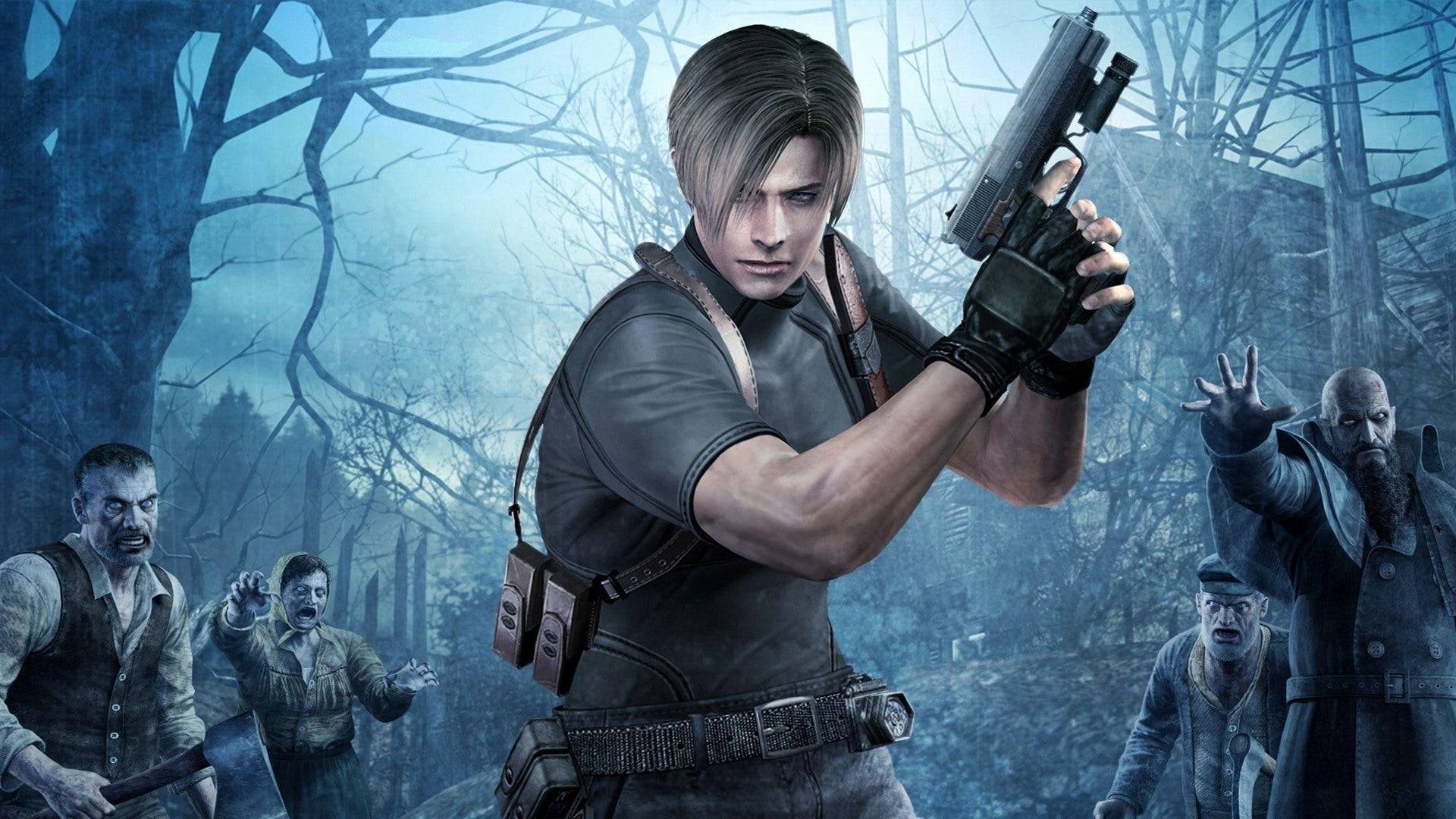 Released in 2005, Resident Evil 4 is often hailed as a generational masterpiece, blending horror with action in a way that captivated audiences. However, subsequent games like Resident Evil 5 and Resident Evil 6 shifted focus, losing the series' core identity. "Overall throughout the Resident Evil series, we set up different goals, challenges, and things we want to try with each game… But this time, many of us started feeling that what the fans and players wanted from the series was getting a little bit separate from what we were making," explained Yasuhiro Ampo, the director of the Resident Evil 4 remake.
Released in 2005, Resident Evil 4 is often hailed as a generational masterpiece, blending horror with action in a way that captivated audiences. However, subsequent games like Resident Evil 5 and Resident Evil 6 shifted focus, losing the series' core identity. "Overall throughout the Resident Evil series, we set up different goals, challenges, and things we want to try with each game… But this time, many of us started feeling that what the fans and players wanted from the series was getting a little bit separate from what we were making," explained Yasuhiro Ampo, the director of the Resident Evil 4 remake.
Resident Evil 6 attempted to cater to both action and horror fans but failed to strike the right balance, resulting in widespread disappointment. Similarly, Street Fighter 4 was a massive success, but Street Fighter 5 was released with significant issues, including a lack of single-player content and poor online functionality.
Capcom's other franchises also struggled. Devil May Cry saw diminishing returns, leading to the outsourcing of DmC: Devil May Cry to Ninja Theory. New titles like Lost Planet and Asura's Wrath failed to capture the Western market, although Dragon's Dogma was a notable exception.
It was clear that Capcom needed to make significant changes.
Street Fighter 5, The Lost Cause
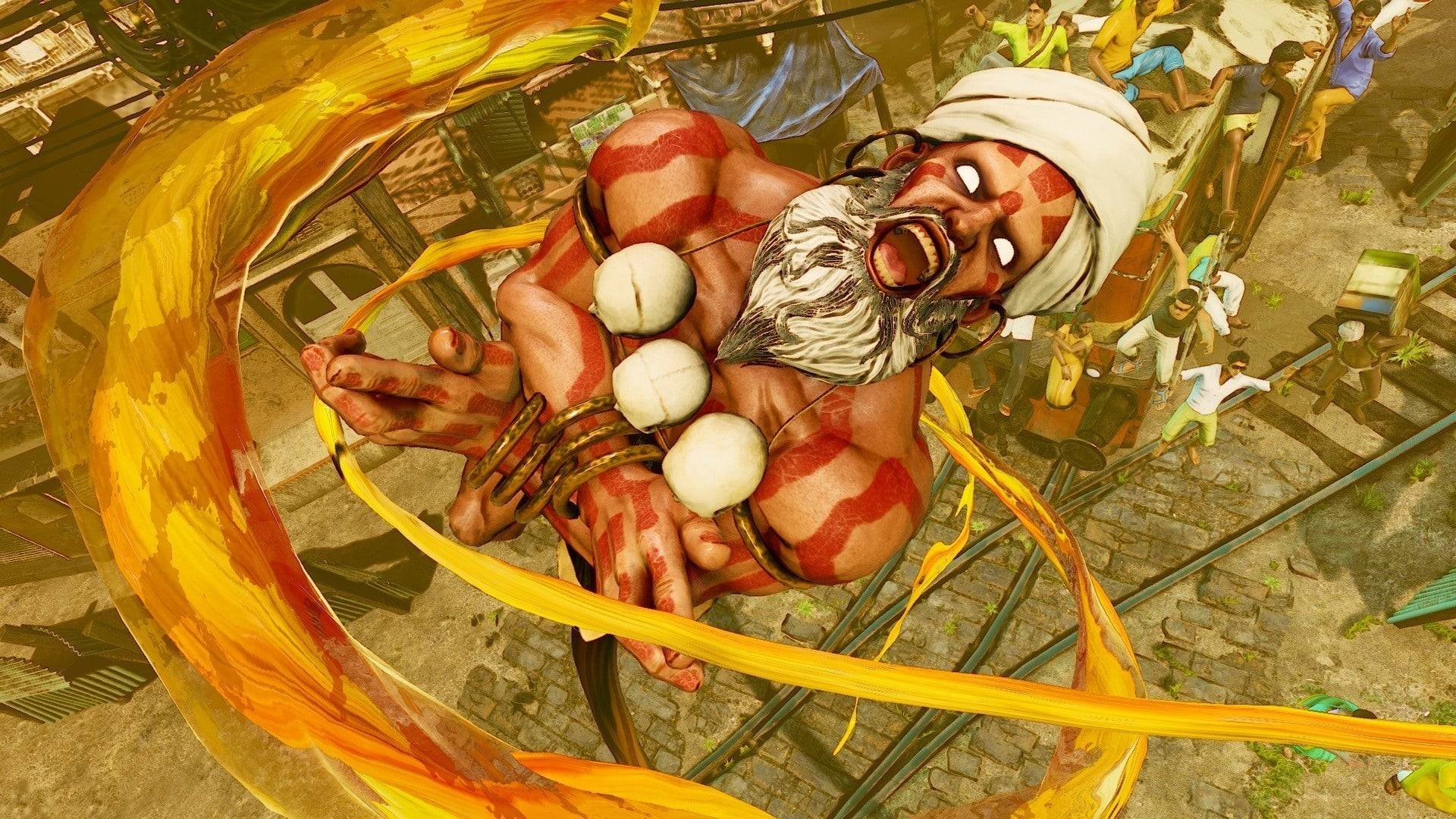 By the mid-2010s, Capcom began implementing strategic changes to turn its fortunes around. The first step was addressing the issues with Street Fighter 5. Directors Takayuki Nakayama and producer Shuhei Matsumoto were tasked with stabilizing the game.
By the mid-2010s, Capcom began implementing strategic changes to turn its fortunes around. The first step was addressing the issues with Street Fighter 5. Directors Takayuki Nakayama and producer Shuhei Matsumoto were tasked with stabilizing the game.
"There definitely were some challenges within the production of the game, and that was part of the reason why I was brought into the team," Nakayama admitted. Despite the constraints, they focused on fixing the game's most pressing issues, laying the groundwork for future improvements.
 The team treated Street Fighter 5 as a testing ground, using it to learn from their mistakes and inform the development of Street Fighter 6. Updates included improvements to netcode, character re-balances, new characters, and innovative mechanics like V-Shift. The goal was not just to fix the game but to rediscover the fun in fighting games.
The team treated Street Fighter 5 as a testing ground, using it to learn from their mistakes and inform the development of Street Fighter 6. Updates included improvements to netcode, character re-balances, new characters, and innovative mechanics like V-Shift. The goal was not just to fix the game but to rediscover the fun in fighting games.
"We both realized that fighting games are fun, and when you get used to them, it becomes more enjoyable and something you can essentially play forever as long as you have an opponent to play against," Matsumoto noted. The team aimed to make Street Fighter 6 more accessible to new players while retaining the depth that veteran fans loved.
The lessons learned from Street Fighter 5 were instrumental in the development of Street Fighter 6, which launched to widespread acclaim. However, Capcom knew it needed to avoid similar situations in the future, leading to significant strategic shifts.
Monster Hunter Took Over The World
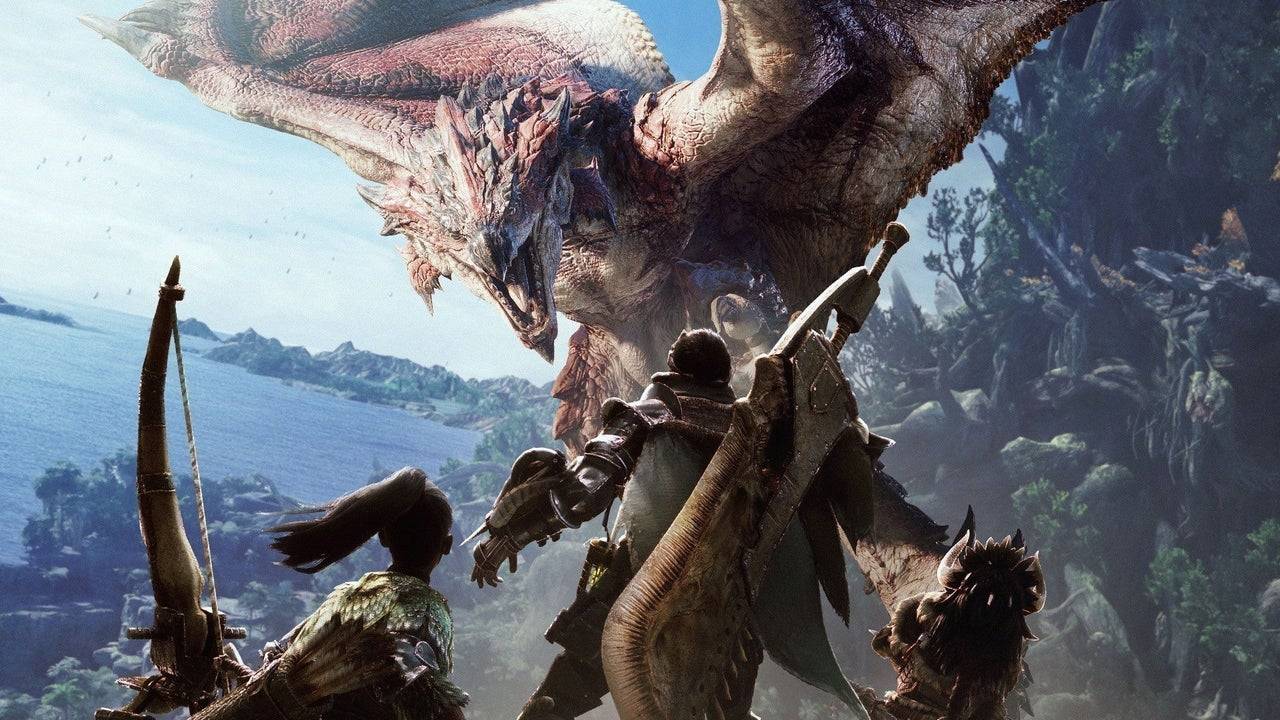 Around the time of Street Fighter 5's launch, Capcom underwent an internal reorganization to prepare for a new generation of games powered by the RE Engine, which replaced the aging MT Framework. This shift was about more than just technology; it was about creating games for a global audience.
Around the time of Street Fighter 5's launch, Capcom underwent an internal reorganization to prepare for a new generation of games powered by the RE Engine, which replaced the aging MT Framework. This shift was about more than just technology; it was about creating games for a global audience.
"It was a few factors that came together," said Hideaki Itsuno, a former game director at Capcom. "The change of the engine and also all teams were given a very clear goal at that point to make games that reach the global market. [Games] that are fun for everyone."
Capcom's previous focus on capturing the Western market had led to mixed results. The action-heavy Resident Evil 4 was a hit, but spinoffs like Umbrella Corps and Lost Planet failed to resonate. The company realized it needed to appeal to a broader audience.
"I think that we had that clear goal of just focusing and not holding anything back towards making good games that would reach people from all over the world," Itsuno explained. This shift in focus was pivotal, leading to the successful launch of Resident Evil 7 in 2017, which marked the beginning of Capcom's renaissance.
No other series epitomizes Capcom's global ambitions better than Monster Hunter. While the series had a dedicated following in the West, it was significantly more popular in Japan. The transition to handheld consoles like the PSP with Monster Hunter Freedom Unite contributed to its success in Japan, where handheld gaming was more prevalent.
"20 years ago in Japan, having a network connection wasn't as easy, and there weren’t a huge amount of people playing Monster Hunter online. However, handheld consoles made multiplayer gameplay easy without internet access, and I regard it as a great success that we had players experience the game in this way," explained Ryozo Tsujimoto, the series' executive producer.
As the Western world's internet infrastructure improved, Capcom saw an opportunity to launch a more globally accessible Monster Hunter game. Monster Hunter: World, released in 2018, was a game-changer. It was designed for a worldwide audience, featuring simultaneous global release and no Japan-exclusive content.
"Our approach to the globalization of the series and Monster Hunter in general really ties into not only the themes that we had going into designing the game, but also in the name of the game," Tsujimoto revealed. "The fact that we called it Monster Hunter: World is really kind of a nod to the fact that we wanted to appeal to this worldwide audience that we wanted to really dig into and experience Monster Hunter for the first time."
Focus tests conducted globally helped refine the game's systems, leading to tweaks like showing damage numbers when players hit monsters. These changes contributed to the unprecedented success of Monster Hunter: World and its follow-up, Monster Hunter Rise, both selling over 20 million copies.
"At its heart, Monster Hunter really is an action game, and that sense of accomplishment you get from really mastering that action is an important aspect of Monster Hunter," Tsujimoto explained. "But for newer players, it's really about getting to that point. The steps involved in getting to that sense of accomplishment is what we're trying to strategize for, in terms of designing for new players."
Resident Evil 7 Began Turning Things Around
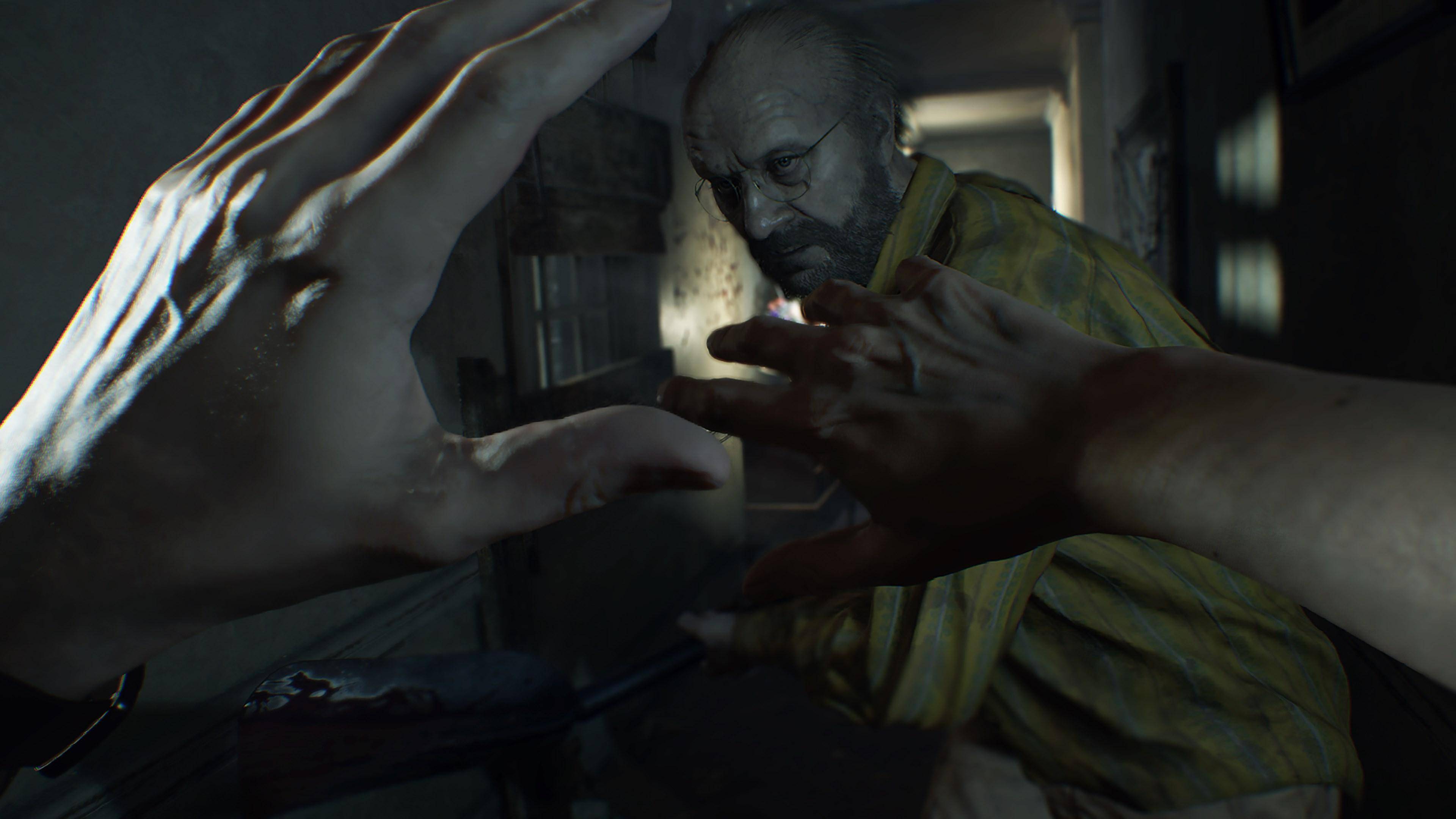 While Monster Hunter found its global footing, Resident Evil faced the challenge of returning to its survival horror roots. Executive producer Jun Takeuchi made the pivotal decision to focus on survival horror, leading to the announcement of Resident Evil 7 at E3 2016.
While Monster Hunter found its global footing, Resident Evil faced the challenge of returning to its survival horror roots. Executive producer Jun Takeuchi made the pivotal decision to focus on survival horror, leading to the announcement of Resident Evil 7 at E3 2016.
"We cannot underestimate how critical it is for the series for it to be scary," Takeuchi emphasized. The shift to a first-person perspective in Resident Evil 7 brought back the series' horror elements, resonating with fans and critics alike.
"With Resident Evil 7, the executive producer, Jun Takeuchi, made it clear that we cannot underestimate how critical it is for the series for it to be scary and about survival. So he made it clear that Resident Evil 7 would go back to its origins, it would be very cautious with its survival elements," said Yasuhiro Ampo.
The success of Resident Evil 7 paved the way for further innovations, including the Resident Evil 2 and Resident Evil 3 remakes, which combined horror with action and puzzles. Despite initial hesitations, the team also tackled the Resident Evil 4 remake, refining the balance between action and horror to maintain the series' survival horror essence.
"Resident Evil 4 is a game that is so beloved. If we get anything wrong with the remake, people might be quite vocal about their discomfort," Ampo admitted. However, the Resident Evil 4 remake was a resounding success, maintaining the game's core while enhancing its darker tone.
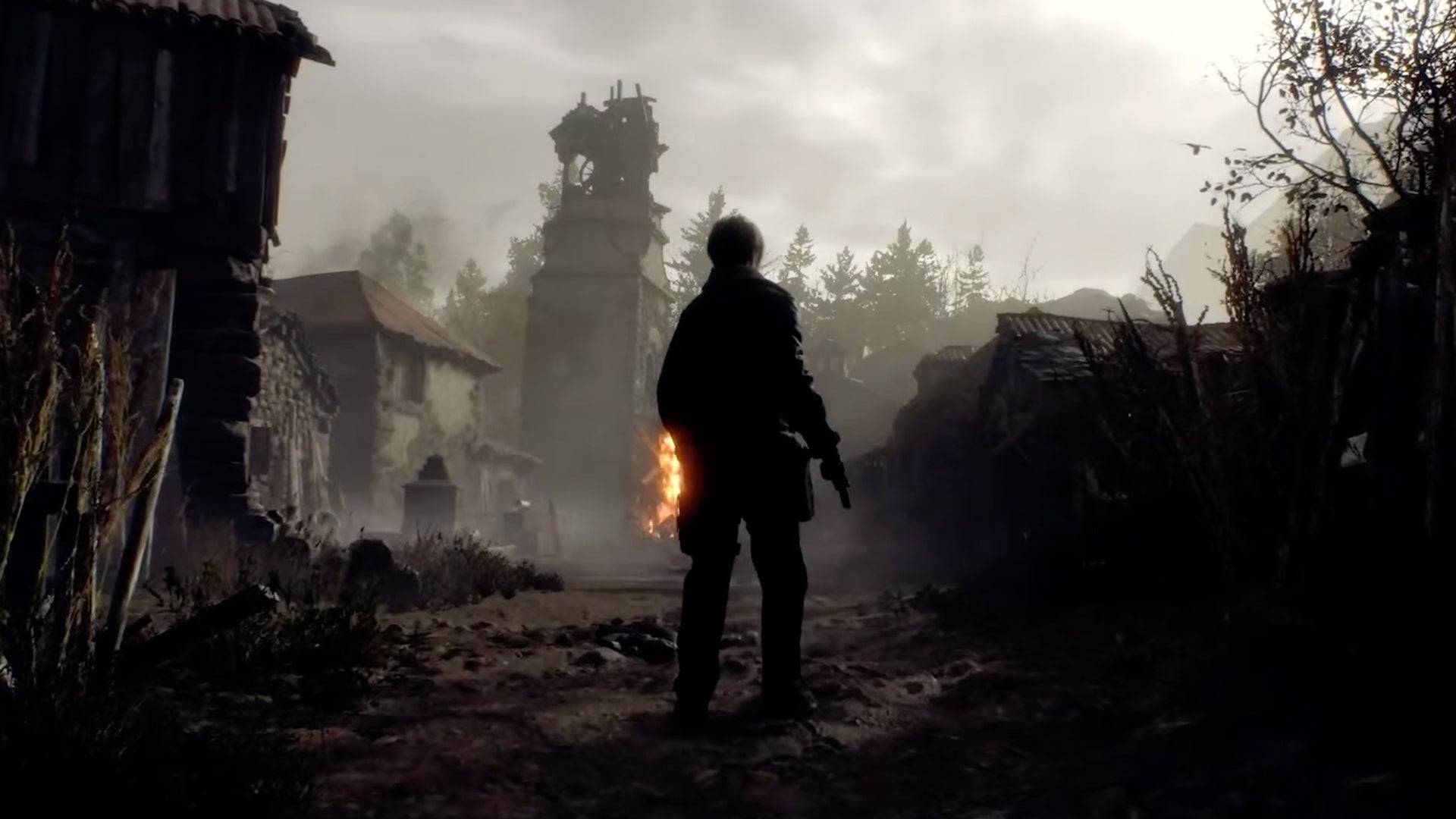 Meanwhile, Hideaki Itsuno, director of the Devil May Cry series, sought to revitalize the action genre with Devil May Cry 5. Leveraging the RE Engine's capabilities, Itsuno aimed to create the "coolest" action game possible.
Meanwhile, Hideaki Itsuno, director of the Devil May Cry series, sought to revitalize the action genre with Devil May Cry 5. Leveraging the RE Engine's capabilities, Itsuno aimed to create the "coolest" action game possible.
The Reason Behind The Change
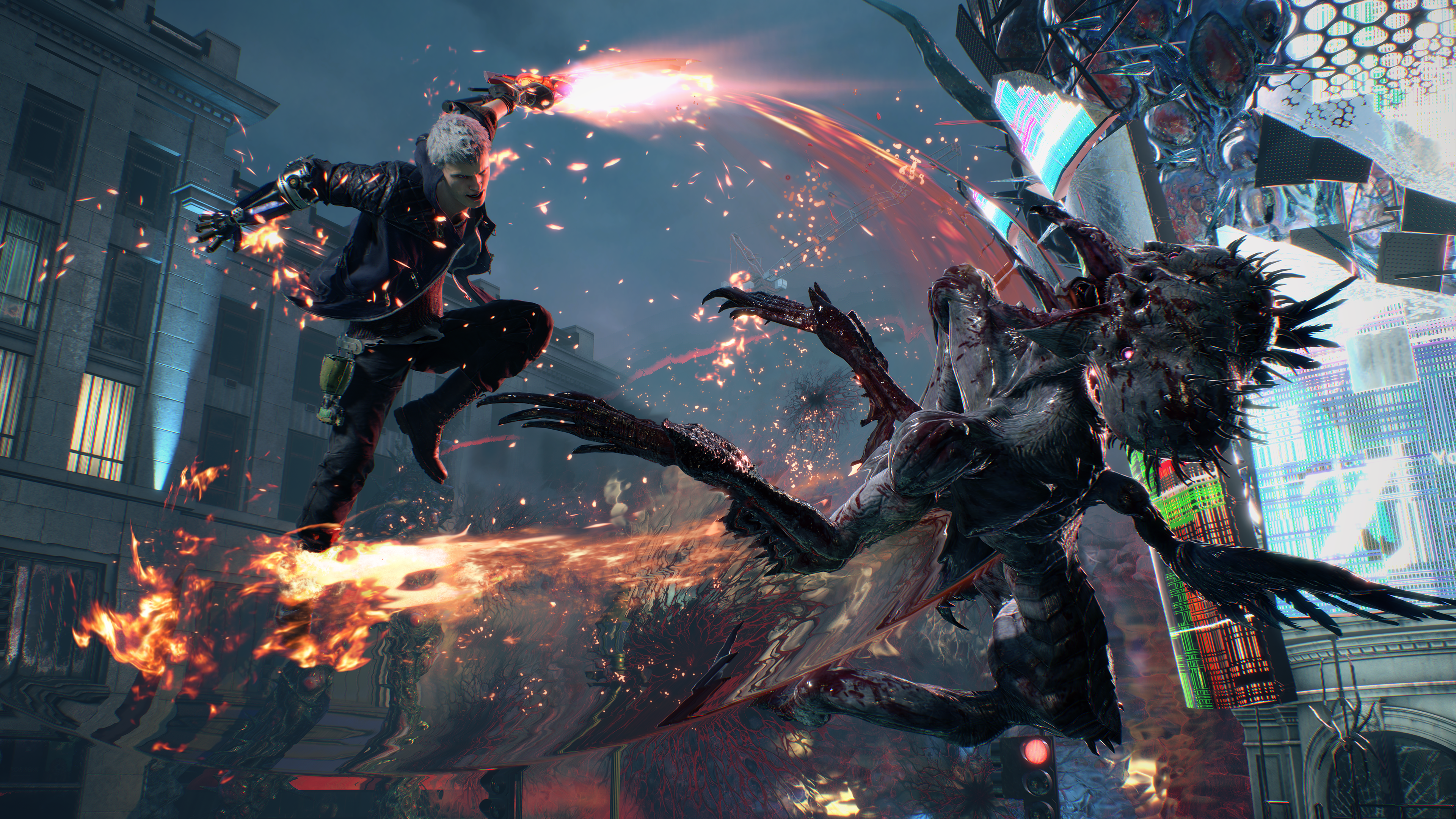 "I felt like the main trend with action games was to make action games that were very kind," Itsuno admitted. "Maybe, for me, a little bit too kind to the players, lending a hand to the player too much to my liking."
"I felt like the main trend with action games was to make action games that were very kind," Itsuno admitted. "Maybe, for me, a little bit too kind to the players, lending a hand to the player too much to my liking."
The RE Engine, which replaced the MT Framework, offered significant improvements in visual fidelity and development agility. "So the original concept for the RE Engine was to allow for a development environment that was less stressful and could help us to make things quicker," Ampo explained.
Itsuno's vision for Devil May Cry 5 was to infuse the game with everything he considered cool, from movies and comics to sports. The RE Engine's capabilities allowed him to achieve this, resulting in one of the most successful games in the franchise's history.
A New Capcom Golden Age
Since 2017, Capcom has released a game of the year contender almost annually, a feat that sets it apart from many of its peers. This success is driven by a focus on creating globally appealing games using the advanced RE Engine, which supports a variety of genres.
"Capcom is going through a golden era, and, well, now we have to do everything we can so that this lasts one more year, one more year, and every year, one more year," said Ryozo Tsujimoto. This sentiment is echoed by other Capcom directors, who are excited about the future of the company's projects.
Capcom's strategy of maintaining the integrity of its core franchises while expanding their global reach has resulted in a new golden age that shows no signs of slowing down. The company's ability to learn from past mistakes and adapt to the needs of a global audience has positioned it as a leader in the gaming industry.
Latest Articles



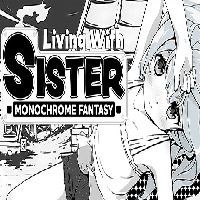



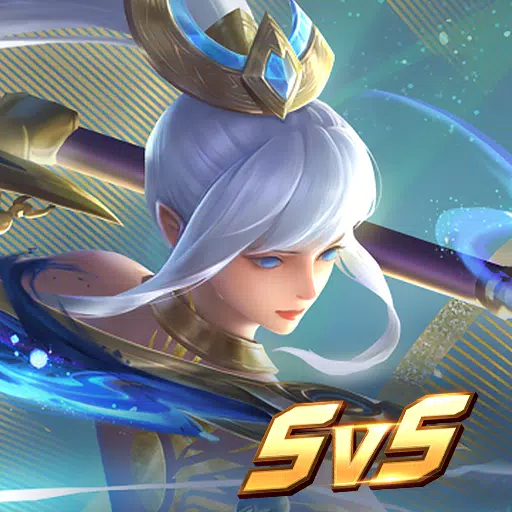



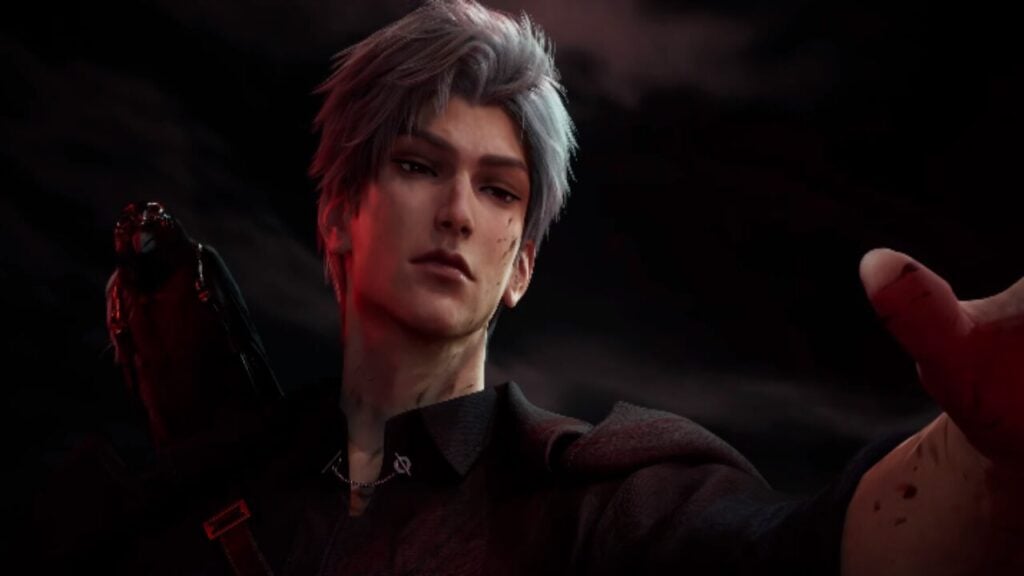
![Roblox Forsaken Characters Tier List [UPDATED] (2025)](https://images.dyk8.com/uploads/18/17380116246797f3e8a8a39.jpg)
